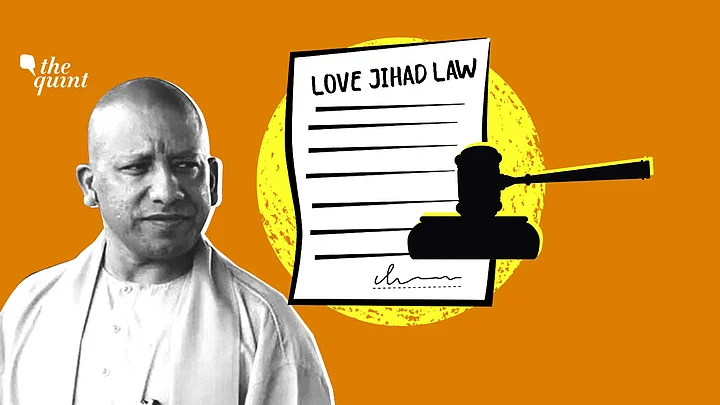On 12 January, the Allahabad High Court stood up for the right to privacy and freedom of choice with a powerful order, in which it held that the 30-day public notice period and objections procedure under the Special Marriage Act 1954 (SMA) cannot be mandatory.
The order has been lauded for its willingness to examine how these requirements were leading to harassment of inter-faith couples, violated the right to privacy and was discriminatory in comparison with other forms of marriage.
After hearing from one such couple – who had wanted to use the SMA to get married but had instead chosen to have one of them convert to Hinduism because of the risk that the public notice posed to them – the high court held that it could not stand by and ignore these issues of the the right of life and personal liberty.
While this order does mean relief for inter-faith couples in Uttar Pradesh, from the risk that this procedure in the SMA poses, one of the big questions being asked at this point is if it will be of use for those targeted under the UP government’s new ordinance on ‘unlawful conversions’.
As observed over the last few weeks, the ordinance, which was touted by UP Chief Minister Yogi Adityanath before its enactment as a measure to tackle the bogey of ‘love jihad’ (even though these words are not used in the law), has become a tool to harass inter-faith couples, with Muslim men making up nearly all the arrests.
Does HC Order Provide Relief to Those Harassed under New Ordinance?
Unfortunately, the high court order does not have any direct bearing on the implementation of the new ‘love jihad’ ordinance. The high court order relates solely to the Special Marriage Act, which is an entirely different law.
As a result, the order by Justice Vivek Chaudhary cannot directly be used as a basis to argue against an invocation of the new ordinance.
However, there are two ways in which the order could prove to be indirectly useful:
First, because of the removal of the 30-day public notice requirement, many couples who would otherwise have one person convert to avoid the inevitable interference (like the couple whose case was before the high court here), can now avoid the conversion route and use the SMA instead.
Since the ‘love jihad’ ordinance only technically applies when there is a conversion by one party for the sake of marriage, going down the SMA route removes the grounds for invocation of the ordinance and its penal consequences.
Secondly, this order could help those who have been arrested and are seeking to challenge the provisions of the ‘love jihad’ ordinance, including its requirement for those intending to convert, to give notice and allow interference in marriages where conversion is being alleged.
The observations on privacy and right to choose a partner, backed up by relevant Supreme Court jurisprudence, could be of use to such persons.
Will This Judgement Help with Harassment?
While Justice Chaudhary has done everything in his power to ensure that the order is actually enforced on the ground, with directions to the UP Chief Secretary to distribute it to all the state’s marriage officers, we should not imagine that this will end the scourge of harassment for inter-faith couples seeking to get married under the SMA.
There have been widespread reports in the past about how marriage officers and people in the local government offices where SMA marriages have to be registered, themselves inform right-wing groups about couples seeking to get married using the law, who then go on to harass the couples.
This same network is also being used to target people using the new UP ordinance as well, as reported by Ananya Bhardwaj for The Print.
It should also be noted that the new ordinance is acting as an enabler for harassment of inter-faith couples without any regard for the actual terms and provisions of the law itself. It has been used to target couples where no conversion had yet taken place, where the couple got married months before the ordinance came into force, and even if the inter-faith couple was not considering conversion, but were seeking to initiate the Special Marriage Act process.
In light of this, it is difficult to see the judgment immediately leading to a change on the ground. While it does provide tools to fight back against the harassment of inter-faith couples, its effects will take more time to be felt.
